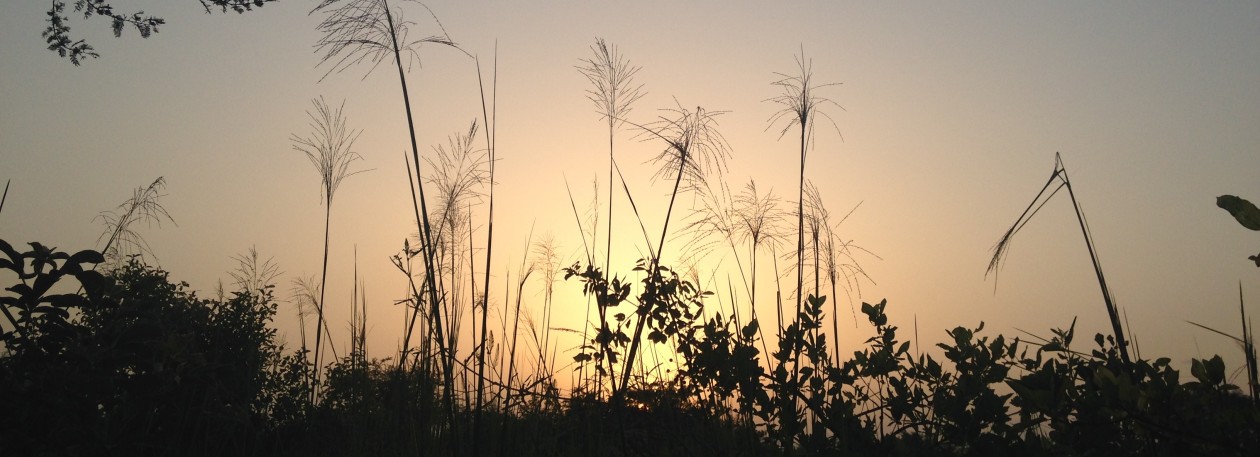My favorite art of this fellowship has undoubtedly been the wealth of readings provided by my fellow fellows as well as those provided by alice. This is not to say that navigating global communication has not been a true joy albeit challenge, but there has been so much meaningful discussion surrounding our readings and so much insight that I’m sad to see go at the end of this fellowship. Without the constraints of a classroom, we have the freedom to discuss and explore our readings to new depths I have yet to experience in class.
This week, we read the article “Letter to my Son” by Ta-nehesi Coates; a beautifully written article dripping with harsh realities, and unbounded hope and want for Coates own son and in my opinion, the black community across America. Coates says several profound and poignant things in his article but his declaration that “this is your country, this is your world, this is your body, and you must find some way to live within the all of it”, a phrase no doubt meant to instill a want to survive and thrive for his son, has stuck with me days after reading and reflecting on the article.
If we agree that we live in a completely egalitarian community, then yes, the countries, world,and bodies we inhabit do belong to us and exist to serve us, but history and experience has proven that for many people that don’t fit into a specific western ideal, our countries, our worlds, our bodies aren’t really our own; an acerbic realization. For many african americans, being black means that the country we call our own, exploited and abused black bodies, the worlds we live in refer to our communities as third world or suffering, as if to suggest otherness and inferiority, and our bodies, though physically our own, are subject to mistreatment and systematic oppression.
This being said, Coates doesn’t accept this as defeat and says that we have no choice but to find a way to live in it. And find a way to live in it, we shall. It’s not advice for the lighthearted, but advice for those willing to navigate hard conversations, uncomfortable spaces, and unknown territories. A willingness that I see in all the fellows and counterparts despite or differing back grounds and histories.
